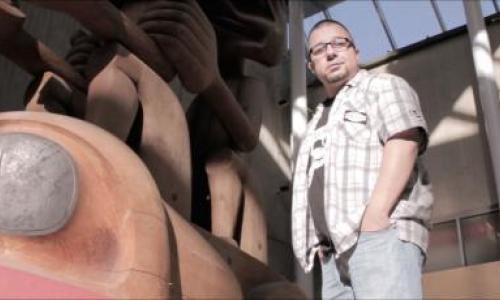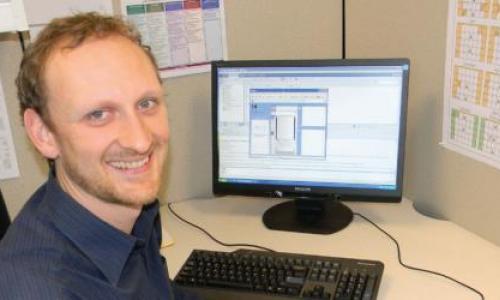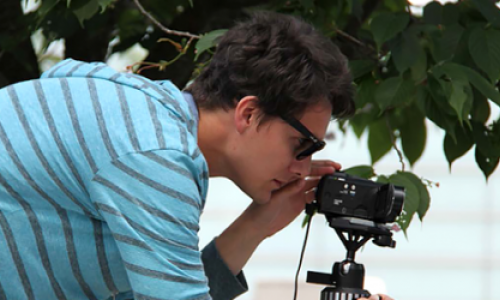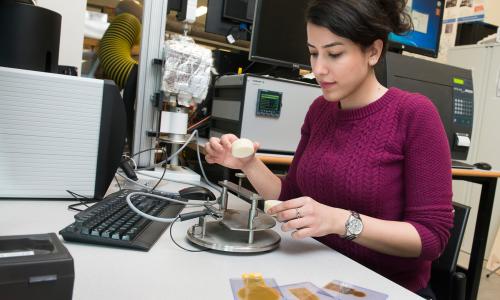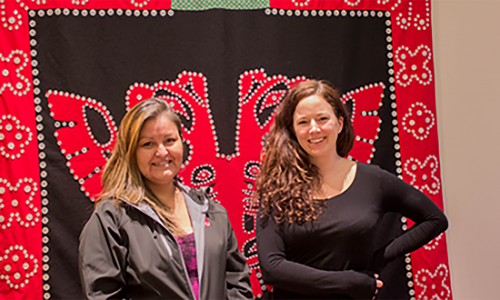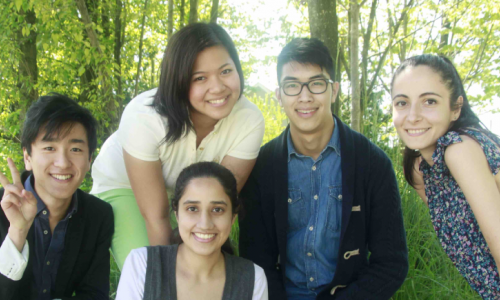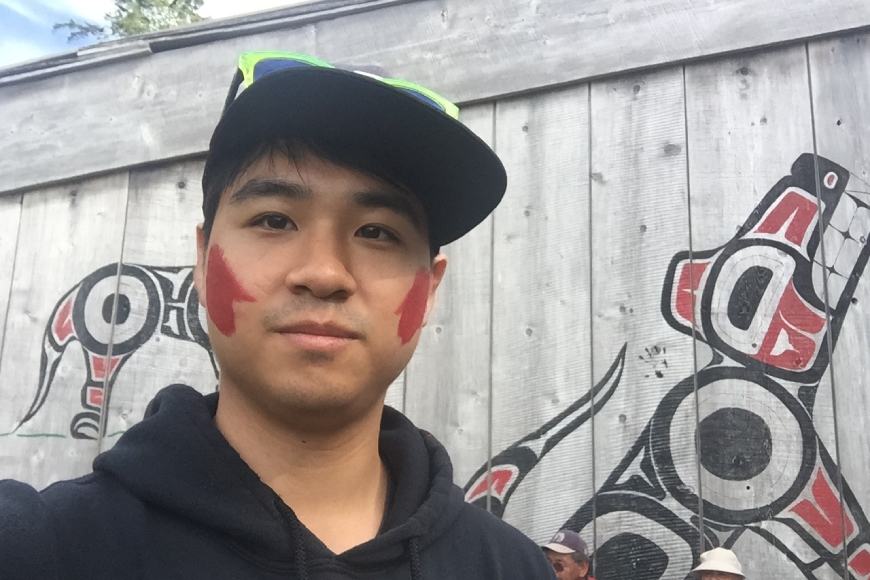
In the fall of 1997, I immigrated to Canada from South Korea with my family. Our family looked forward to a better life and the belief that immigration would bring prosperity, fulfillment and happiness to our lives was an exciting prospect. However, as a result of immigration, my family lost connections to family members, culture, tradition, language and identity. Although the lower mainland boasts a healthy Canadian-Korean population today, I remember growing up in Coquitlam and attending Parkland Elementary School as one of two Koreans in the entire school. Nonetheless, I would grow up in a multi-cultural environment surrounded by students with different nationalities. I learned to embrace Canadian/Western culture, but what I missed about my culture was a strong sense of community, belonging and identity that was commonly shared by all members of the Korean population. I learned to adapt to this new environment and surrounded myself with friends to fill in a void of belonging that I had lost when I left Korea.
During my undergraduate years, I volunteered at a local Korean church and overheard conversations about volunteering in a remote First Nations community. I am embarrassed to say that even in my early twenties, I knew little about the Indigenous people of this land and frankly didn’t have much of an interest. What got me curious? I can’t say for certain; but I felt a sense of obligation as a Canadian citizen to educate myself and to be more aware about Indigenous people. So, I packed my bags and volunteered as a Youth Mentor/Worker for a Pentecostal Church located in Bella Bella, BC in winter 2010.
The Heiltsuk First Nation people were warm, friendly and welcoming. I ended up spending my Christmas and New Years with people I had just met; but it felt like I had known them for a long time. The youth with whom I worked with would later become my friends, and I now consider them family. As a result of the friendships and bonds I developed with people in Bella Bella, I returned to the community frequently. Through my visits, I learned about the intergenerational trauma that First Nations people deal with as a result of residential schools and other acts of injustice by the Canadian government. My country was also assimilated and colonized by the Japanese Empire beginning from the 1800s through 1945; the Korean people were forced adopt Japanese culture, language, tradition and belief while being viewed as an inferior race. My grandparents told me stories of their experiences during the colony period, and as a result of this similarity in our culture’s history, I was able to empathize with the people of the Heiltsuk First Nation. I was convinced that we, as Canadians, could no longer turn a blind eye to this country’s past.
There is no better way to learn someone else’s culture and perspective than to live, learn and cry with the same people you want to build a connection with. I relocated to Bella Bella and started out as a Teacher Assistant at Bella Bella Community School. I worked with the Special Education Department and gave one-on-one support to youth in the Alternative Program. Many of these young people posed challenges to the school because of their defiant behaviour, frequent absenteeism and limited work ethic. However, I believed it was important to look at a person from their core—their internal being—instead of focusing only on their external persona. From my experience, everyone I have worked with was internally strong, resilient, kind and intelligent.
Through working with the youth, I began to understand the institutional and systematic barriers that First Nations, Inuit and Metis people still face in today’s society. If we lived in a society with equal opportunities, I believe that we would witness a generation of brilliance from these youth. The following year, Kaxla Child and Family Services approached me with a part-time contract as a Child and Youth Mental Health Liaison, which I gladly accepted. In this role, I provided after-school programs and one-on-one support for youths. This led to full-time work as an Aboriginal Supported Child Development Consultant where I developed programs, collaborated with various agencies, and supported families and their children.
By working with First Nations people, I learned both the value of identity and feeling a sense of belonging. I love doing community work because I am connected not only to my work, but to the people I am held accountable to. As human beings, we all need to establish connections that hold personal meaning. We are social creatures, and that is our greatest strength. Unfortunately, it is often hard to feel connected to a community when we live in large cities. I was blessed that I came to understand the power of community from my lived experience in the community of Bella Bella. In June 2014, Rayann Windsor-Campbell adopted me along with two other sisters. The community members were present in the community gym to witness the adoption protocol; I was among a dozen or so people adopted that day to individual families. Overall, it was a humbling experience to know that I was accepted for who I was. There were many mixed emotions that day and my life has change since. I gained a family, a sense of true belonging to a community I care about and was proud to call Bella Bella my home.
Last year, I left my position in Bella Bella to start the Masters of Public Health program at SFU. I chose this program because I wanted to increase my capacity, skills and knowledge in order to return to a community-based practice and continue working with First Nations people. Last fall, I met Trina Seta*, SFU’s Aboriginal Co-op Coordinator, during Career Week at SFU where she had a booth set up in front of the Bennett Library. I wanted to gain more work experience working on a First Nations relevant topic for my practicum and knew that Trina assisted Indigenous students with finding jobs involving First Nations related work. At first, I didn’t know if she also supported non-Aboriginal graduate students, but when I learned that she was more than happy to support me, I was overjoyed. Trina was warm, inviting and reassured me that she could direct me in the right path. A few weeks later, she connected me to First Nations Health Authority (FNHA) and gave me the necessary tips and tools to navigate through the application process. I had two rounds of interviews and after weeks of anticipation, I was offered a practicum student position at FNHA.
During the summer, I worked on FNHA’s Research, Knowledge Exchange and Evaluation Team investigating factors that contribute to student engagement for First Nations youth living on reserve. Working at FNHA has allowed me to take a step away from community work, and to explore the complex societal and political environment that influence First Nations health. FNHA employs some of the brightest minds and being a part of the first health authority guided by First Nations principles and values was an amazing experience. Currently, I am building from my practicum experience and collaborating with FNHA for my MPH Capstone project. Specifically, I will test a causal theory to better understand the complex relationship between colonization (cause) and student engagement (outcome).
My life’s journey has been about finding who I am, and where I belong. I can never truly understand challenges and struggles experienced by First Nations, Inuit and Métis people of Canada, but through my experience with Bella Bella and FNHA, I learned that all Canadians, both Indigenous and non-Indigenous, can contribute to promote a better future for all those to come.
This past summer, I returned to Bella Bella to visit my family and friends… I will never forget the first words I heard when I got off the plane:
“Welcome home.”
To which I replied, “I’m home.”
Beyond the Blog
-
If you are an Indigenous student at SFU and wish to share your story on the Indigenous SFU space, find more info and who to contact here.









